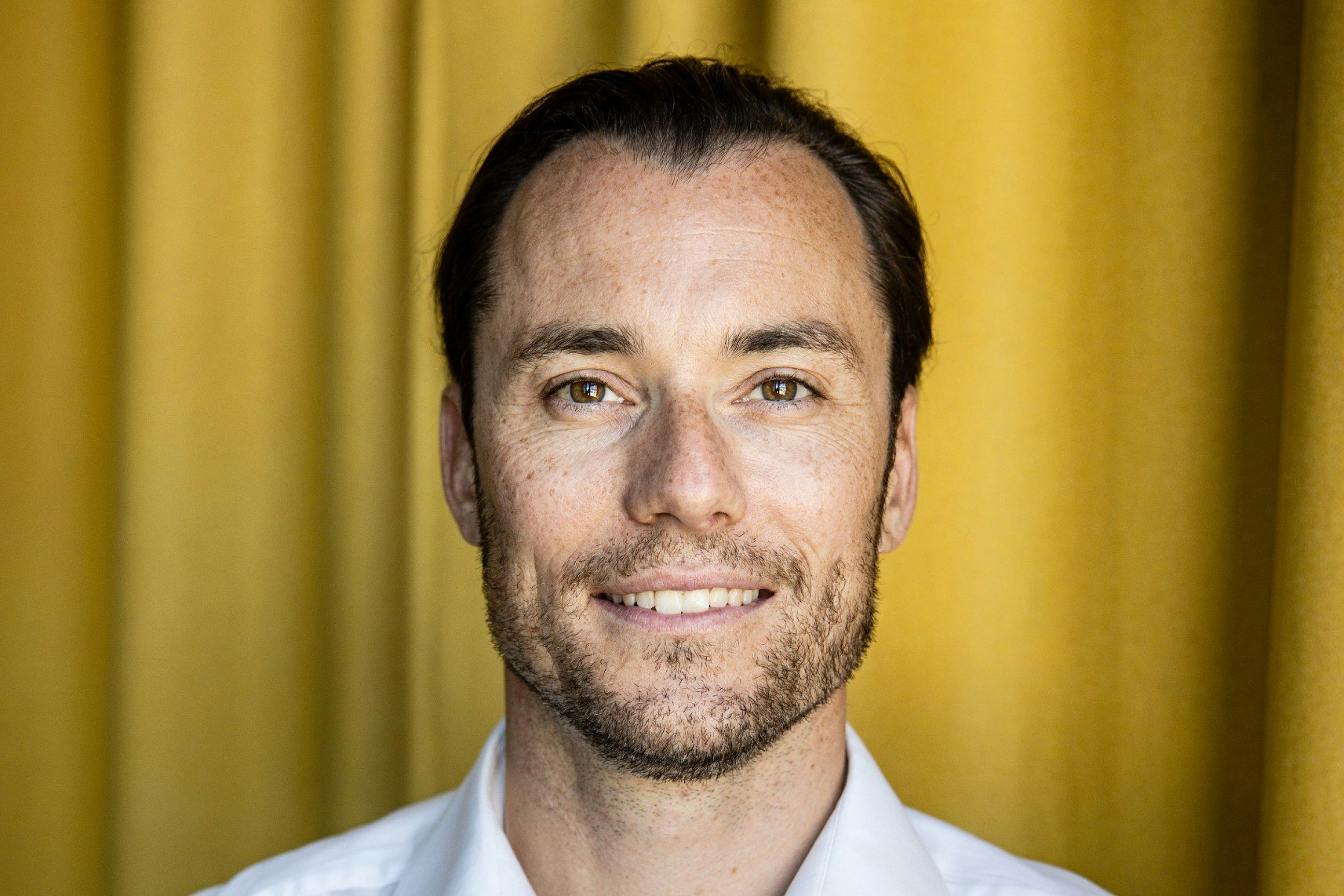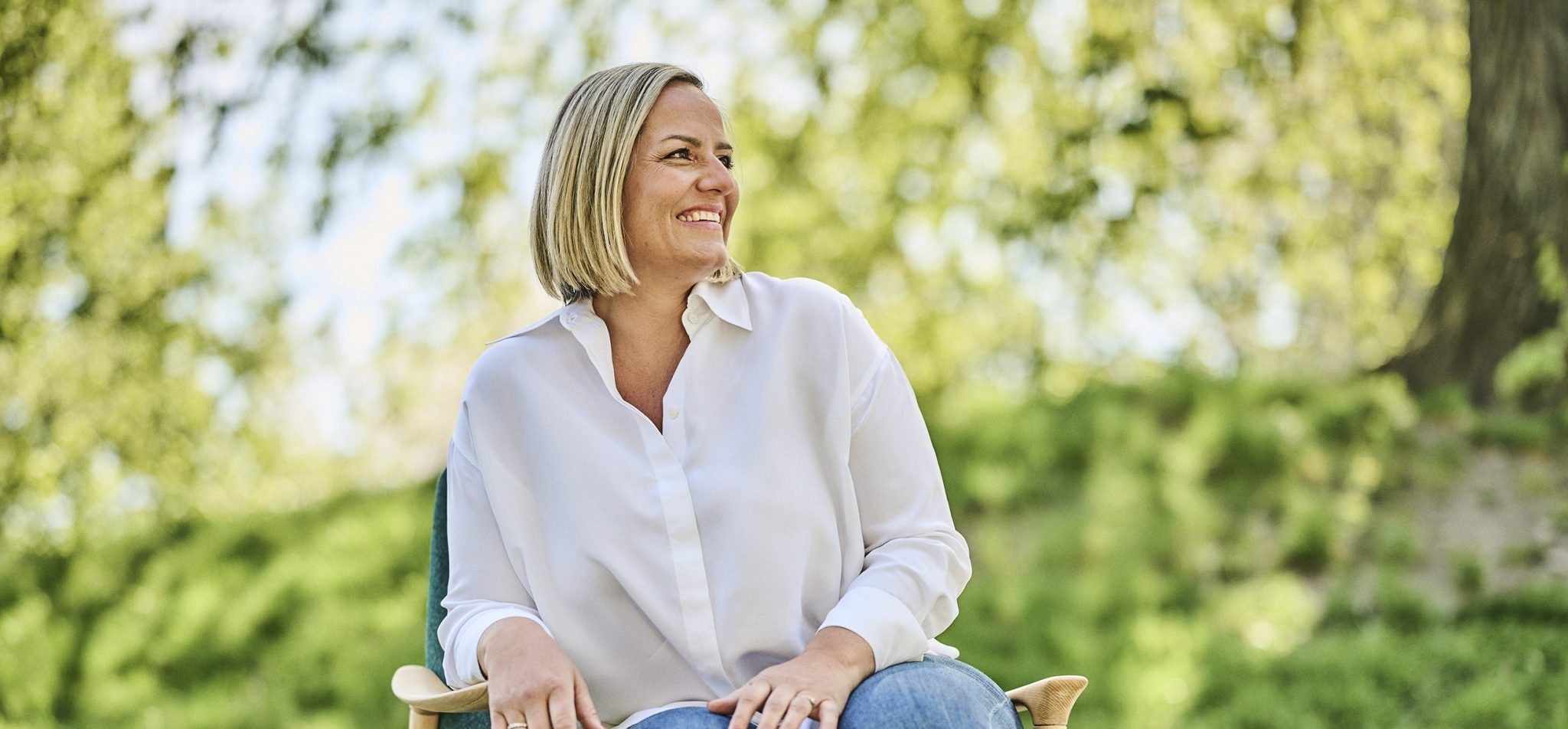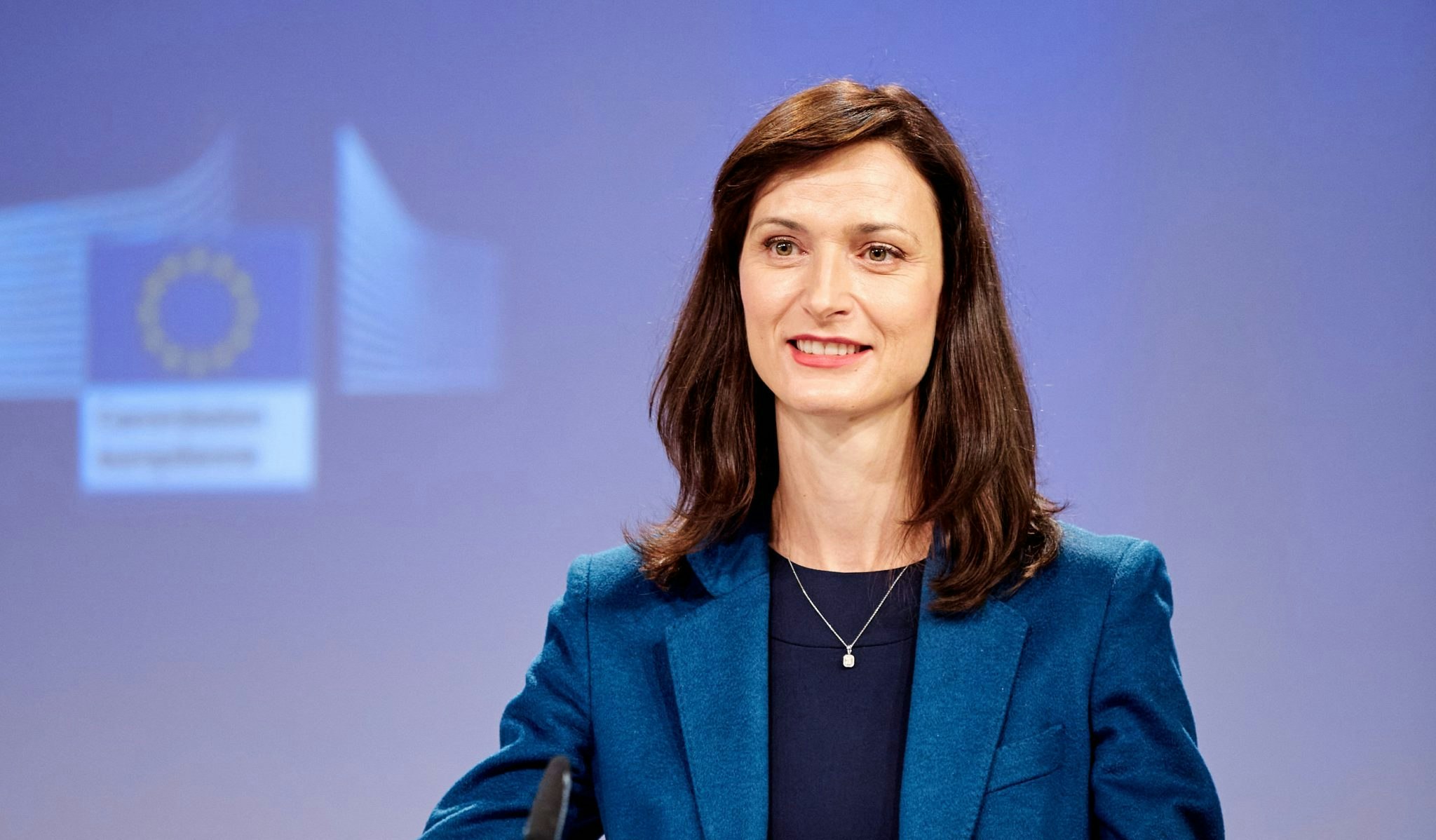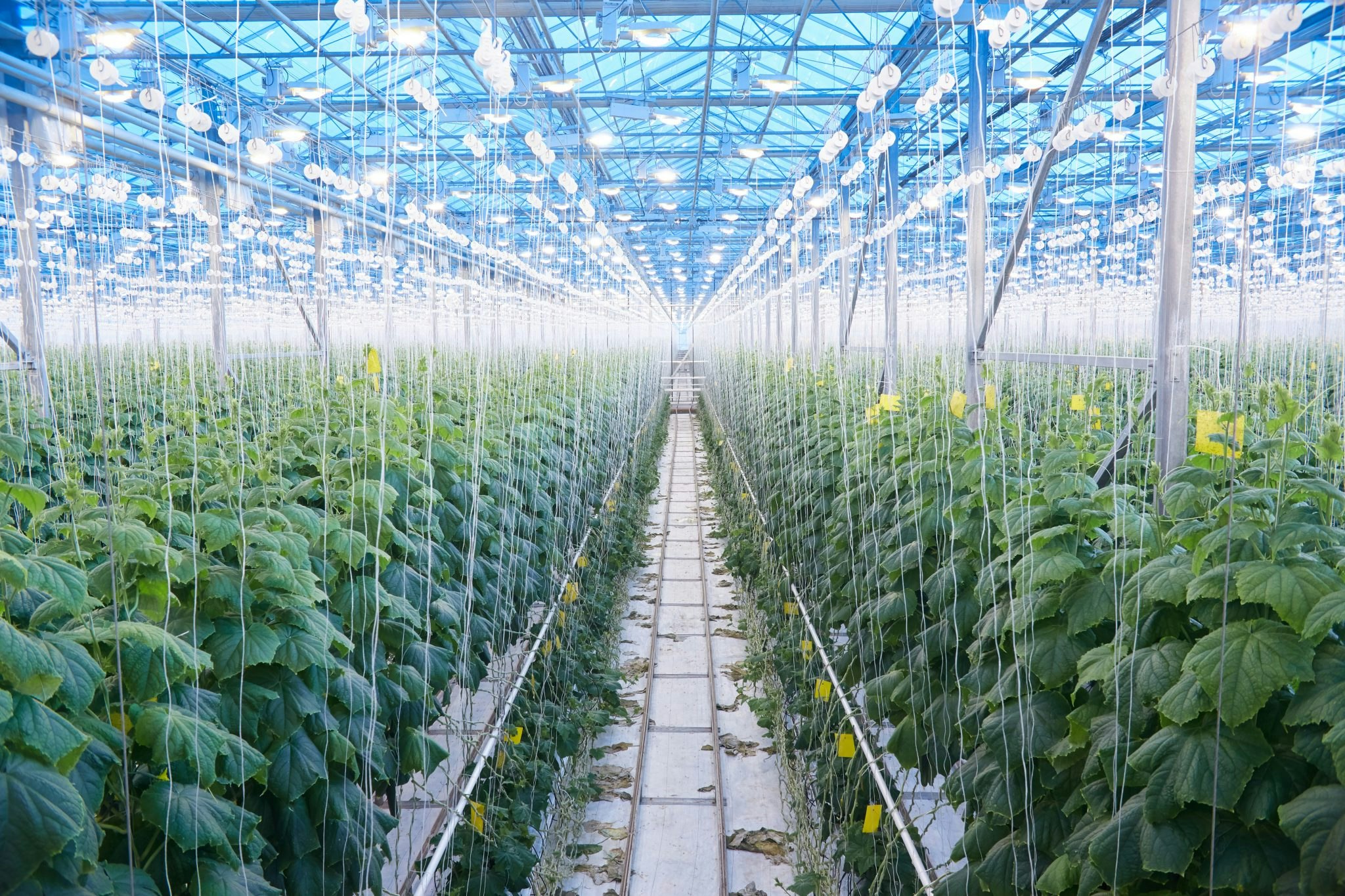Christian Jølck, a founding partner of VC firm 2150, doesn’t spend his days searching for the next unicorn startups. He’s after the next 'gigacorn'.
The term, he explains, was coined by his 2150 colleague Christian Hernandez and refers to startups “that can reduce one gigaton of CO₂ while being commercially viable.”
It’s not easy to determine which startups have a chance of achieving that lofty goal (a gigaton is the equivalent of 10k fully-loaded aircraft carriers). It requires hours sifting through data and scientific journals, and quizzing founders on whether they’re really committed to their sustainability mission or just jumping on the climate tech bandwagon.
As 2150’s sustainability lead, Jølck is one of a number of impact bounty hunters at VC firms across Europe whose job it is to figure out where the biggest opportunities (both commercially and in terms of impact) lie when it comes to climate tech.
It’s an important job. Make the right bets, and the firm can meet its impact KPIs; collect its share of profits and interest; and cash out of its investments with a clean conscience. Get it wrong, and they’re wasting valuable time and capital needed to solve the climate crisis.
The impact bounty hunters
At Mustard Seed Maze in Portugal, investment analyst Sofia Queiroz is often the first point of contact for founders looking for capital.
She says that during these early interactions, impact analysts and VCs will not only want to determine the strength of the founding team and the scalability of the idea, as any VC would, but they also want to get a sense of how mission-driven they are.
Good signs according to Jølck are an openness to being challenged on their business’ impact case, and an understanding of how their climate goals tie into wider programmes such as the UN’s Sustainable Development Goals.
“The responsibility is on us to do the due diligence, as well as the entrepreneurs being truthful and authentic. It’s a two way street,” he says, adding that “it’s pretty easy to detect early on whether founders are truly impact driven or not.”

The impact deep dive
If the analysts like what they see, it’s on to the next stage — which Queiroz calls the impact “deep dive”.
Here, she digs into scientific literature and looks for comparable data or proxies that paint a picture of just how big a deal the startup’s business model could be. “For example, we invested in a company that does digital receipts, so we benchmarked to see how much CO₂ emissions [come with] paper receipts,” she explains.
It’s at this stage — before an investment is even made — that VCs will start discussing impact KPIs or three-year goals a startup should be working towards. These recommendations, as well as the findings of the impact deep dive, are then circulated in internal investment memos.
Mustard Seed Maze uses the Impact Management Project’s framework — which outlines what the impact is, where it is felt, how significant it is, how it influences the market and any risks involved — to structure its memos, an example of which can be seen here.
At Astanor, impact and finance principal Leslie Kapin-Royere says the deep dive process involves “a long ESG questionnaire that gives us a baseline on where they are”, with the expectation that startups are likely to leave “90%” of questions unanswered. “Which is great — because we can come in with solutions.”
When it comes to assessing impact, Astanor will also try to understand any potential negative impacts that might result as a business scales.
Actually getting to any of these insights requires the startups to have some data on hand to back up their claims. This is a non-negotiable criteria when it comes to writing cheques, Queiroz says. “From day one we need to be able to measure something,” she says. “Because we will not receive carry [the VC's share of the fund's profits] if the companies don’t achieve their impact metrics.”
As firms prepare to go through with an investment, the impact case will be further confirmed during the due diligence stage, either by asking the startup to undergo a life-cycle assessment (at the VC’s expense) or by working with them to optimise data collection.
“Calculating the LCA allows us to get a very good understanding of the impact case,” Lena Thiede, an environmental expert and partner at Berlin-based Planet A Ventures, says. “Sometimes it happens that we see a startup that we think will be huge, but the impact side [turns out to] be much smaller than the founders think it will be, so we decide not to invest.”
What impact investors want
Investing in early-stage companies — with a sustainability case or not — is ultimately a gamble, but investors and LPs are increasingly putting their faith in these thorough due diligence processes.
To boost its capabilities in this area, Jølck says 2150 is currently recruiting a climate scientist to provide insights on natural solutions, hardware and deeptech — all areas far removed from the world of scalable software that many VCs favour.
At Planet A, founding partner Lena Thiede has a background in political science and environmental policy. Her team includes a scientist who can conduct LCAs in house at the due diligence stage. “Having scientists on board is a very strong statement about the seriousness of Planet A and its mission,” she says.
The Global Impact Investing Network’s 2020 survey values the impact investment market at a whopping $715bn, up from $8bn in 2012; while new investment-for-good funds such as Revent Capital, which is targeting a €50m fund, and Pale Blue Dot’s €87m climate tech fund, are increasingly popping up. This week, tech-for-good fund Bethnal Green Ventures was acquired by asset manager Connected Asset Management, reinforcing the long-term value that sustainable investments are expected to return.
So what technologies do the impact VCs want to put this money towards?
Planet A has made six investments so far, including in Hamburg-based bioplastics company Traceless Materials and supply chain SaaS company Makersite. Thiede says she is currently exploring the geothermal energy space, which she says is a “huge lever” for change.
“We are big fans of circular economy businesses, and businesses improving waste through the value chain,” Queiroz says, citing an investment in Vanilla Steel, a non-prime steel trading platform. Queiroz says Mustard Seed Maze is still trying to figure out where it will put money in carbon offsetting startups. “I wouldn’t say that I’m sceptical, but we’re still trying to develop our framework around it.”
At 2150, which specialises in the built environment, the hunt for gigacorns continues. Jølck is currently looking for AI solutions which could “unlock huge potential in terms of cracking the maths” and guide companies towards more sustainable behaviours — but the bigger goal is to find and back companies that can deliver at least seven gigatonnes of CO₂ savings in the next five years. “Then we will hold the potential in our portfolio to deliver 25% of the Paris Agreement.”



